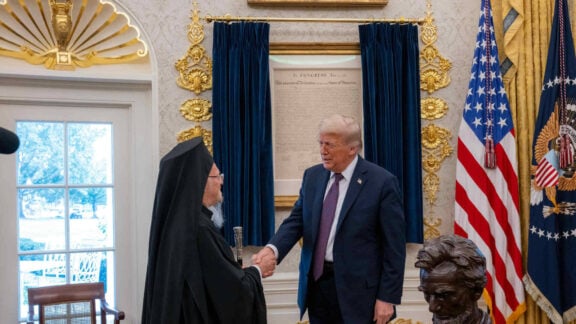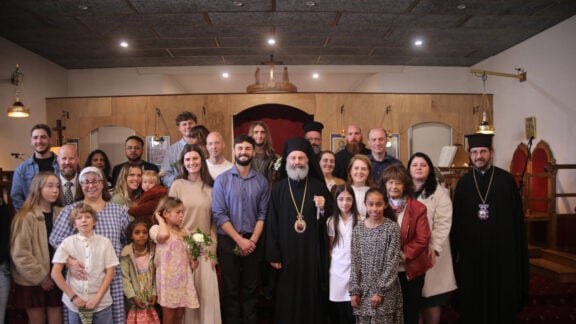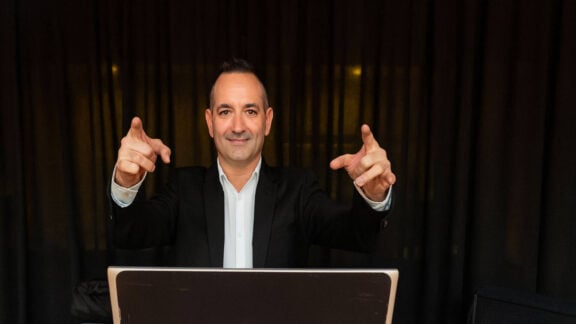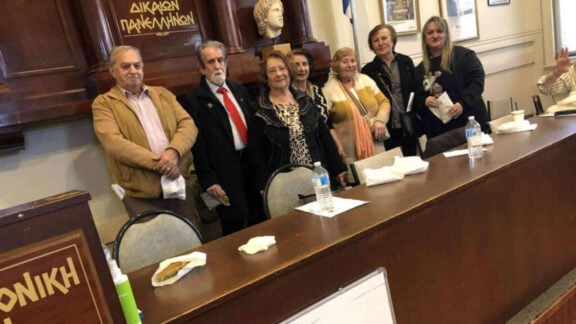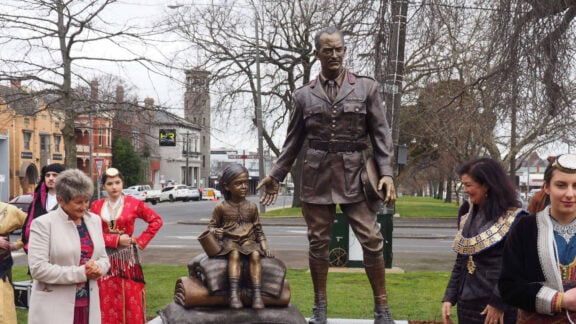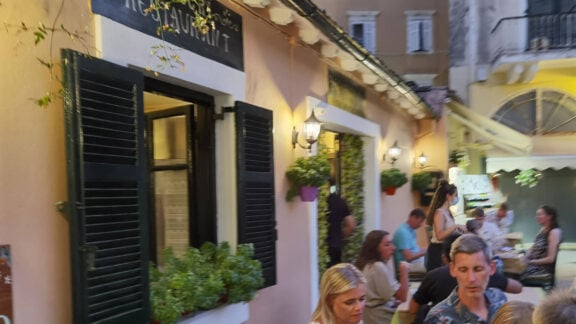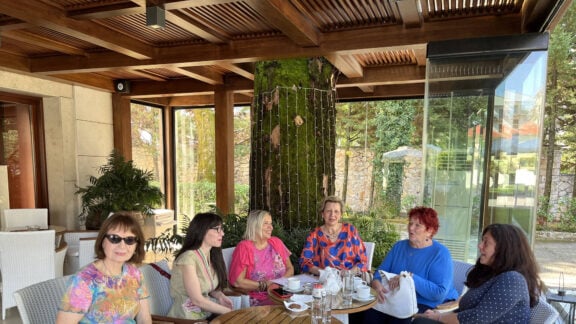Greece’s northern port city of Thessaloniki is set to welcome a new Holocaust museum.
The news was announced on Tuesday at a foundation ceremony at the site of the future museum by prime minister Alexis Tsipras.
Attended by Israel’s President Reuven Rivlin, the museum will be erected at a former railway station from which some 55,000 Jews were forcibly transported to the Auschwitz extermination camp in Nazi-occupied Poland during World War II.
The two leaders also planted two olive trees at a park that adjoins to the site in a symbolic gesture honouring the memory of the victims.
“Ninety per cent of Greek Jews from Thessaloniki were exterminated,” reflected Mr Rivlin during his visit. “This museum will be a place of memory and witness.”
Prime minister Tsipras shared the sentiment.
“The Holocaust museum is an homage to 50,000 Greek Jews from Thessaloniki – young people, children, elderly exterminated in the concentration camps,” he said.
“Nothing and nobody has been forgotten – neither the criminals nor the victims.”
Designed by Israeli and German architects, the six-storey building on the 7,000 square metre site is expected to be completed and open to the public in 2020, with work due to commence later this year.
The construction will cost a total of €22 million, which in large part is being made possible thanks to donations by the Germany Government and Stavros Niarchos, who will each be giving €10 million (AUD $15.3 million) towards the build, while other donations from Thessaloniki’s Jewish community are expected to cover the rest of the costs.
Thessaloniki’s mayor Yiannis Boutaris said the museum would play a significant role in telling the story of Greece’s Jewish communities, as well as the southwestern Balkans.
“It will symbolise our shame … for what happened, for what we did, and mostly for what we could not or did not wish to do … during and after the war,” he said.

